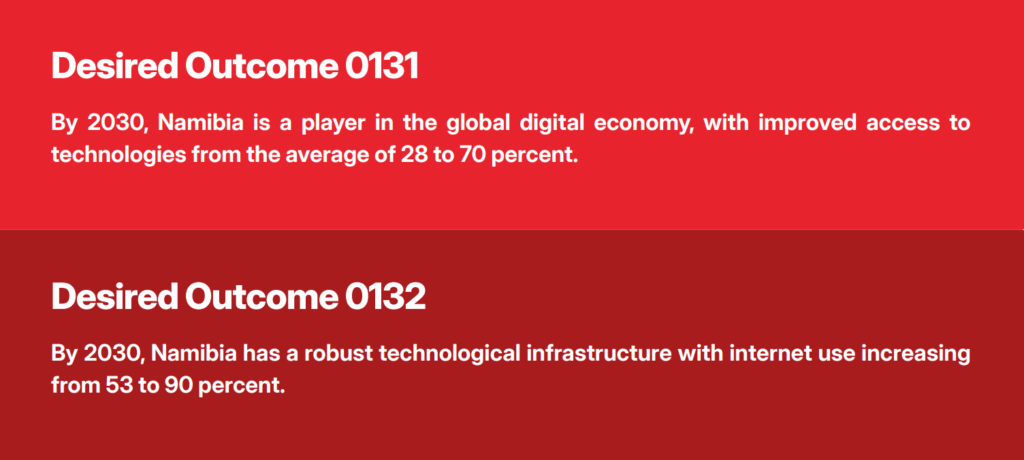|
Getting your Trinity Audio player ready...
|
Emerging technologies, such as digital identity, and improved data exchange between police systems could disrupt the growing human trafficking industry, the Tony Blair Institute for Global Change (TBI) says.
Human trafficking has evolved over the years, adopting the latest technology to stay beyond the grasp of the authorities. Technologies such as encrypted messaging, privacy-focused ‘crypto’ tokens, and dark web marketplaces are widely used in the sector, pushing modern slavery to the highest levels in human history.
According to the Global Coalition to Fight Financial Crime, proceeds from human trafficking hit close to $500 billion, with nearly 50 million people trapped in modern-day slavery. The solution lies in technology, says the TBI, founded in 2016 by the former British Prime Minister.
“Technology, if harnessed responsibly, can flip the equation. It can raise the risks for traffickers, cut their profits and dismantle the systems enabling exploitation at scale.”
Digital identity is one of the technologies that can spark the most disruption, TBI says. Identity, in general, is “a crucial counterweight to exploitation.”
Digital ID that’s easy to access would offer trafficking victims a secure way to access support. Oftentimes, the traffickers take away the physical IDs from the victims, leaving them undocumented and unable to access assistance from authorities.
Beyond digital identity, the London-based Institute called on the United Kingdom government to prioritize the interoperability of police systems, arguing that disparate networks prevent fast and coordinated action against the traffickers. All enforcement agencies must also improve their data-sharing agreements for real-time collaborations.
The TBI joins several other organizations that have called for the use of the latest tech to crack down on human trafficking.
The Council of Europe previously published a paper calling for the use of artificial intelligence (AI) and other emerging technologies to prevent crimes and assist victims. Beyond employing these technologies, the Council called on authorities to upskill their officers as “the lack of specialist officers at the local level and the overreliance on assistance from (busy) centralised cyber-crime units are likely to create bottlenecks.”Digital ID has been touted as a key solution to empowering the vulnerable in the society. According to Richard Thompson, a manager at French tech consulting giant Sopra Steria, it guarantees that this group can access assistance and essential services in the absence of physical documents.
“Digital ID can help capture identity information about vulnerable refugees, and victims of modern slavery and human trafficking, allowing them easier and quicker access to the essential support services that they may need,” he opined.
In addition to verification, digital ID ensures that aid is distributed fairly and efficiently, and that it reaches the intended recipients.
Nigeria is one of the countries utilizing digital ID in aid distribution. The Nigerian government partnered with the World Food Programme (WFP) to distribute aid to over 750,000 Nigerians, using digital ID to preserve their dignity and enhance efficiency.
Namibia targets fully digital government by 2030
Elsewhere, the Namibian government targets a fully digital public service system by the decade’s end.
Namibia launched its Sixth National Development Plan (NDP6) this week, outlining an ambitious development roadmap over the next five years. It focuses on four areas: economic growth, human development and community resilience, environmental sustainability, and effective governance and public service delivery.
Digitalization is at the core of the plan. The government projects that by 2030, the digital economy’s share of the gross domestic product (GDP) will have tripled as the country gradually transitions from its overdependence on natural resources and tourism. It further intends to push its internet penetration from 53% to 90%.

Namibia’s digitalization goals hinge on the country’s digital ID project, which is scheduled to launch in July next year. The Ministry of Home Affairs is spearheading the initiative, which it says will accelerate the country’s digital transformation.
The Southern African nation is also set to roll out a new digital payments system based on India’s UPI. The Bank of Namibia has signed a partnership with India’s National Payments Corporation to develop the new system, with Prime Minister Narendra Modi sealing the deal during his visit to Namibia last month.
Watch: Digital identity, digital assets enable Web3

 02-26-2026
02-26-2026 




